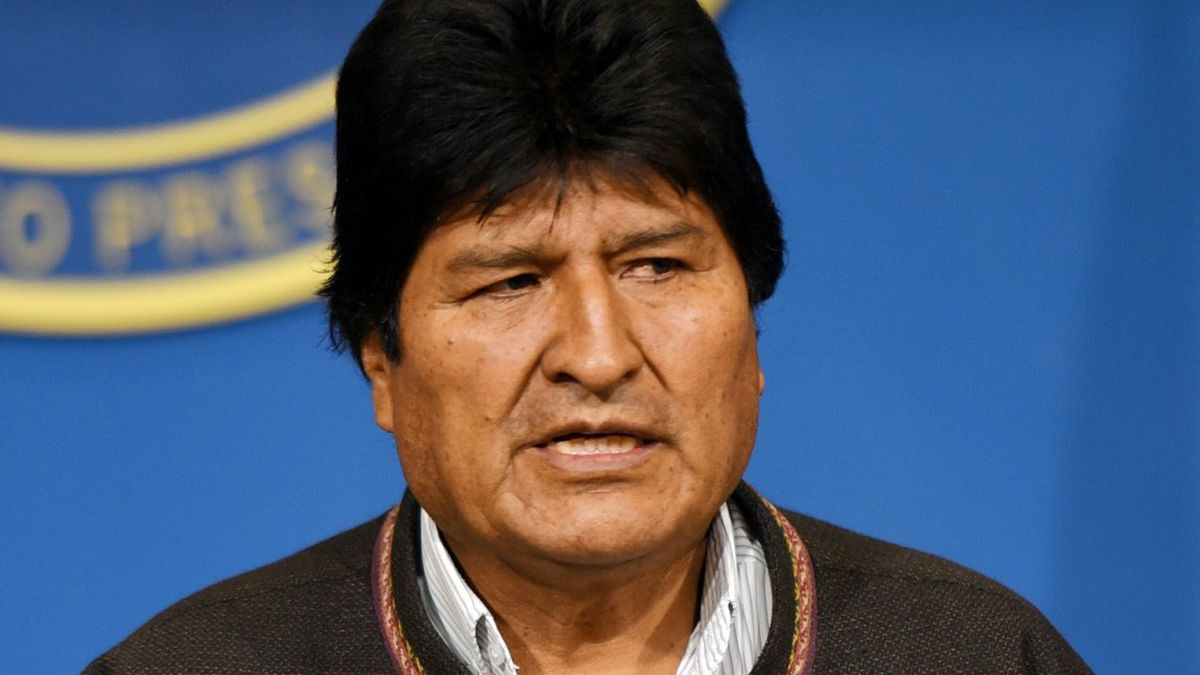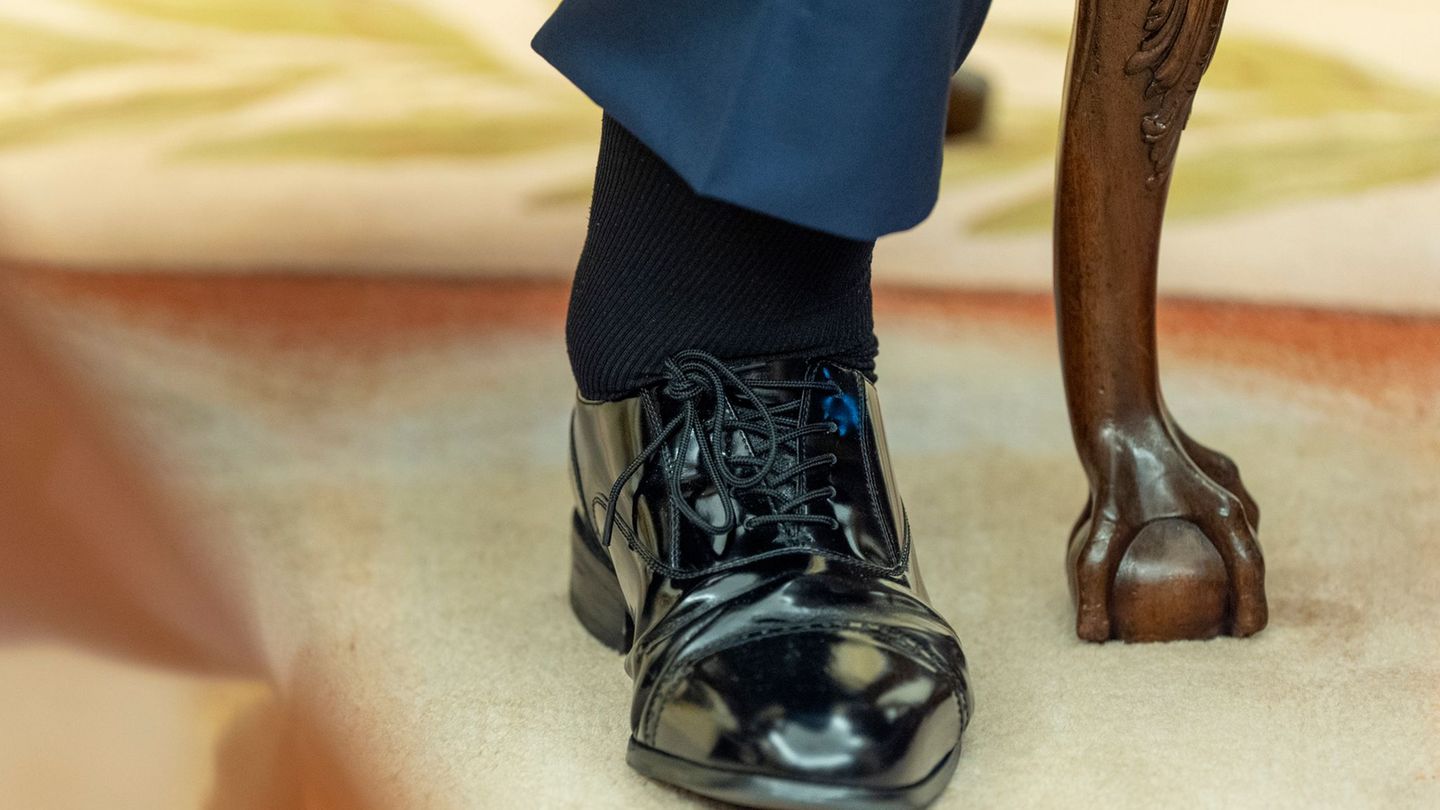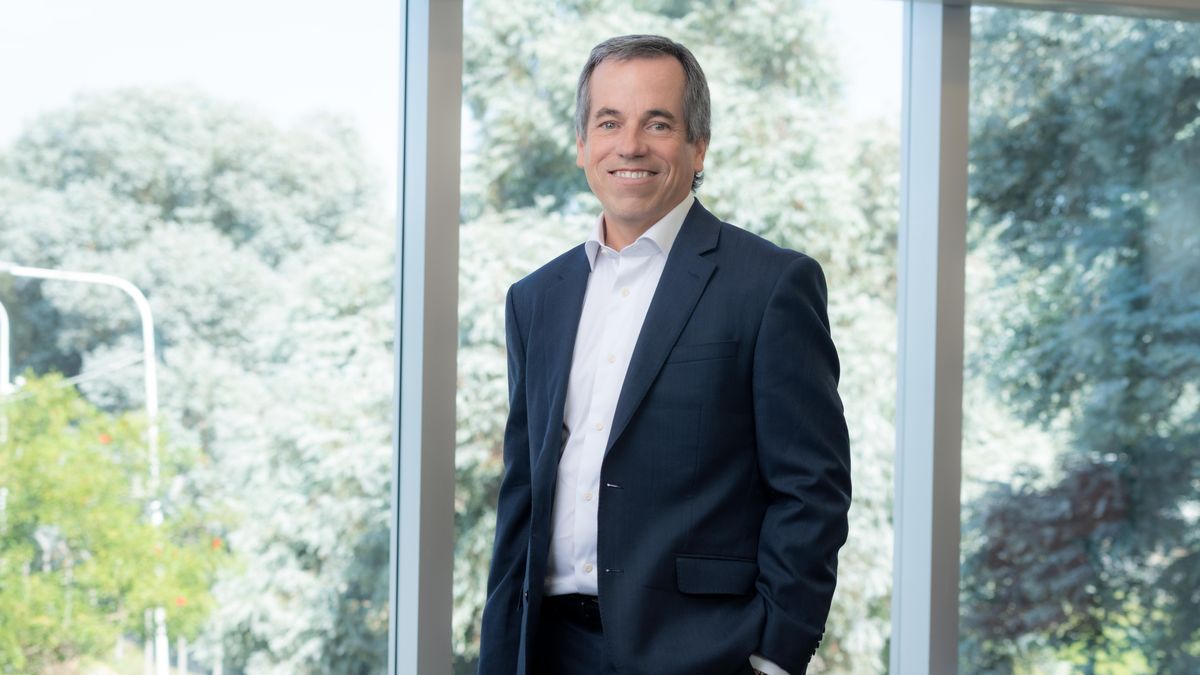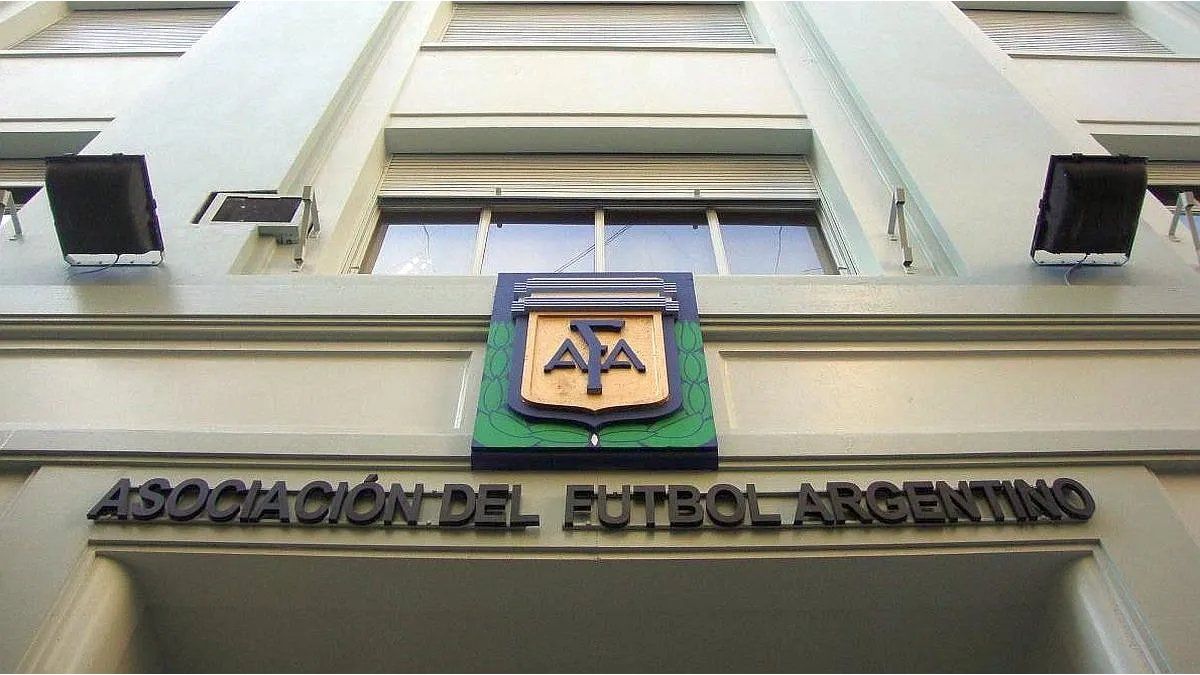The head of the Movement for Socialism (MAS) judged that it would be convenient to organize a meeting of the constituents of his party who worked on the Political Constitution of the State of 2009, in order to discuss -he stated- future modifications for what he called “the second stage” of the revolution.
The former president formulated these concepts in his radio program, six days after the new anniversary of the creation of the Plurinational State – which is celebrated on Saturday 22 -, precisely because of the entry into force of the current Bolivian Magna Carta.
For the 2006 Constituent Assembly, the MAS obtained 137 of the 255 seats, and since it did not obtain two thirds, it had to seek agreements with other political forces to approve the new constitutional text, which was only promulgated in 2009.
“I leave the debate open: every year that passes, every five years that pass, continue adapting the norms, the constitutions, to the new needs and the new demands that the people need,” Morales said, according to what the Bolivian newspaper reproduced on its website. The times.
The leader, in another of his arguments, stated that “one cannot be subject to a law or a Constitution”, but that it is the Constitutions that “must be subject to the needs of the people”.
And he judged that in order to achieve this objective, “the unity of the MAS-IPSP is central and to rule out the presence of threads within it and to practice discipline, above all so as not to do a disservice to the right with questions.”
Later, on his Twitter account, Morales returned to some of the concepts in favor of a new constitutional reform: “It deserves a meeting with our constituents who refounded Bolivia to reflect on what things we have to improve,” he argued.
“The first Plurinational State in the world in Bolivia is the result of a long struggle by the people so that the diverse are recognized with rights and obligations, and of the deep awareness of diversity. Plurinationality is the recognition and respect of diversity,” he remarked. .
In addition, he questioned that in the history of the country “the notables put patches on the Political Constitution of the State” and, on the other hand, “the not notables, the indigenous and social movements, based on the MAS, in the Constituent Assembly presided over for the first time for a Quechua indigenous woman, let’s refound Bolivia”.
The current Magna Carta promoted by Morales during his presidency -and which was approved in a referendum- included, among other institutional innovations, indigenous autonomy and self-government, recognition of their entities, apart from prohibiting large estates, forcing the State to provide basic services such as electricity, water, health and gas, and establish an economic-social model based on state, private, social and cooperative organizations.
In one of its most important definitions, the new constitutional text passed the management of natural resources and hydrocarbons into the hands of the State, while at the same time eliminating Catholicism as the official religion.
Source From: Ambito
David William is a talented author who has made a name for himself in the world of writing. He is a professional author who writes on a wide range of topics, from general interest to opinion news. David is currently working as a writer at 24 hours worlds where he brings his unique perspective and in-depth research to his articles, making them both informative and engaging.




